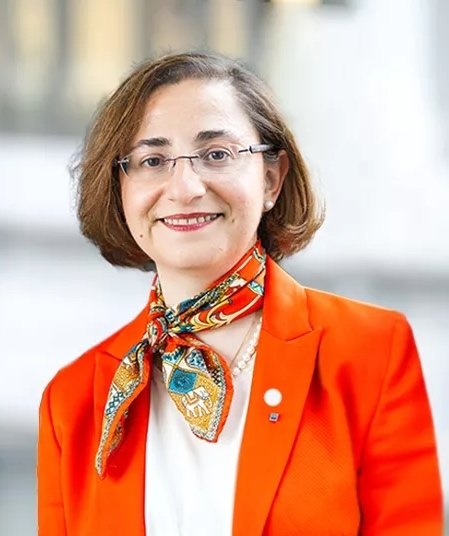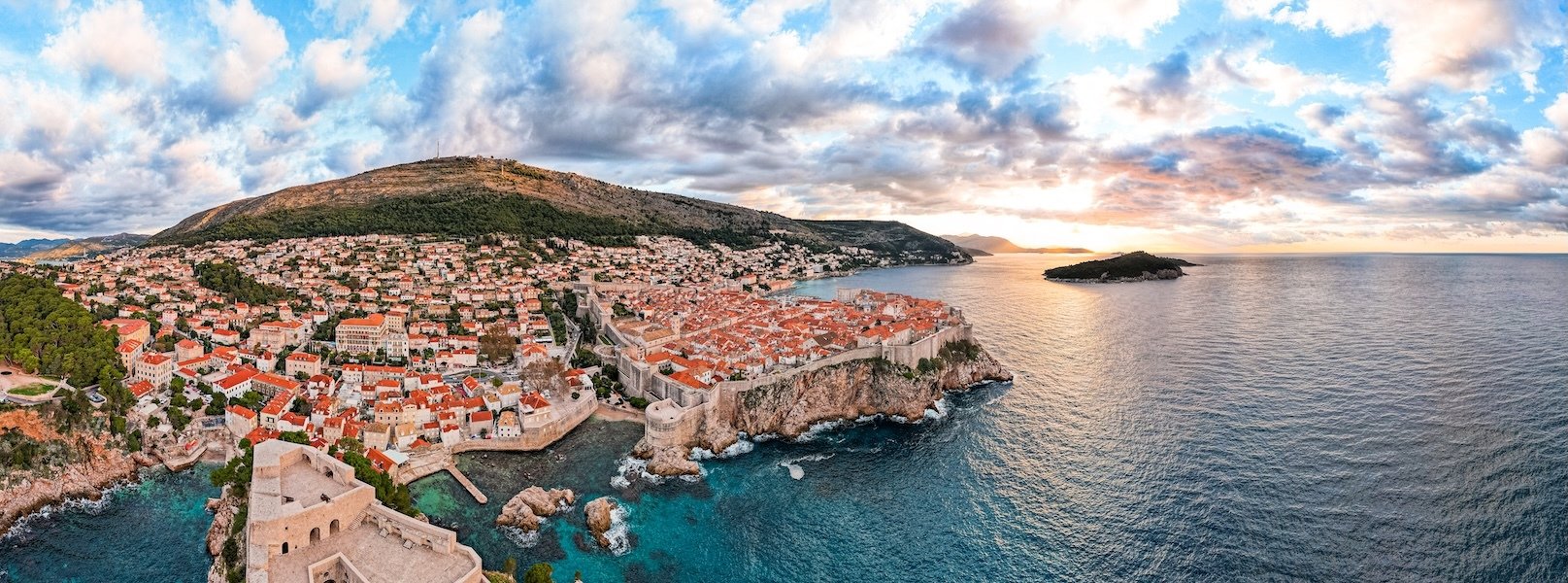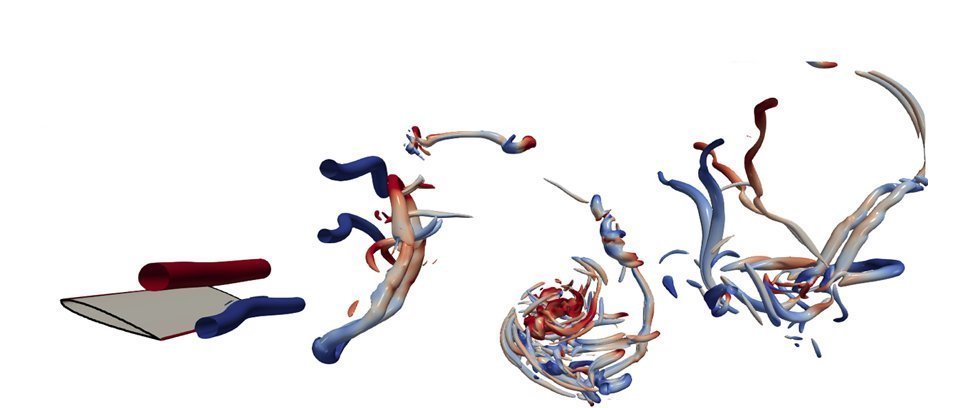
Francesca di Mare
Ruhr University Bochum
"Reducing the complexity of multiphysics flows using a hierarchic simulation approach: from gas turbine engines to reacting packed beds"
Reducing the environmental footprint of technological processes, whether in process engineering or in civil aviation, requires a much deeper understanding of scale-interaction mechanisms than possible in simplified numerical and physical experiments, not only for the realisation of improved designs but also for optimal control and operation. A way of addressing this challenge is the adoption of a combination of a hierarchy of models and simulation approaches to be assessed iteratively during the design stage and finally used to generated highly-accurate, reduced-order models for operation monitoring and control. Two applications of this strategy combining 0D and PINNS-based techniques, Large Eddy as well as embedded Direct Numerical Simulations will be discussed analysing the flow in backed beds and in the high-pressure spool of a turbofan aeroengine. The physical requirements and appropriateness of numerical and modelling strategies are analysed in an exciting journey through apparently quite different kinds of turbulent reacting multiphase flows.
Biography
Prof. Dr. Francesca di Mare graduated in Naples, Italy, in Chemical Engineering and gained her PhD in mechanical Engineering at Imperial College London in 2003. She was appointed as Full Professor to the Chair of Thermal Turbomachines and Aeroengines at the Ruhr-University Bochum in 2017. In 2018 she was also elected Managing Director of the Institute of Energy Technology in the Faculty of Mechanical Engineering.From 2009 to 2017 she worked covering various positions, from Team Leader to Head of Department, at the Institute of Propulsion Technology, German Aerospace Center in Cologne. In 2014 she was appointed Associate Professor for Numerical Gasdynamics for Energy Transformation Systems within the framework of a cooperation agreement with DLR (Jülicher Model) and in 2016 she took over the leadership of the Comubustion Research at the Rolls-Royce Turbine/Combustor interaction UTC at the TU Darmstadt. In June 2017 she became Head of the Combustor Department at DLR in Cologne, a position she held till September 2018. Francesca di Mare serves on numerous panels and committes. Among others chairs the Industrial Requirements and Solutions Group of the IAPWS (International Associations for the Properties of Water and Steam), is member of the Steering Board of the ERCOFTAC Special Interst Group49 (Non-Ideal Compressible Fuid Dynamics), she is member of the Editorial Board of the Springer Lecture Series in Mechanical Engineering, is co-chair of the Steering Committee of the German national turbomachinery research programme AGTurbo, and member of the working groups 1 (Vehicles, Propulsion and Systems) and 4 (Aviation as part of a European energy and fuel system) of the ACARE Board. From July, 1st,2025 she is also node coordinator for the Federal Republic of Germany in the European Research Infrastructure for CO2 capture, utilisation, transport and storage (ECCSEL-ERIC). Francesca di Mare’s main research areas focus on advanced numerical simulations for all-Mach, reacting, multi-phase flows for propulsion and power also including the application and development of knowledge-driven methods of Machine Learning (e.g. PINNs).



